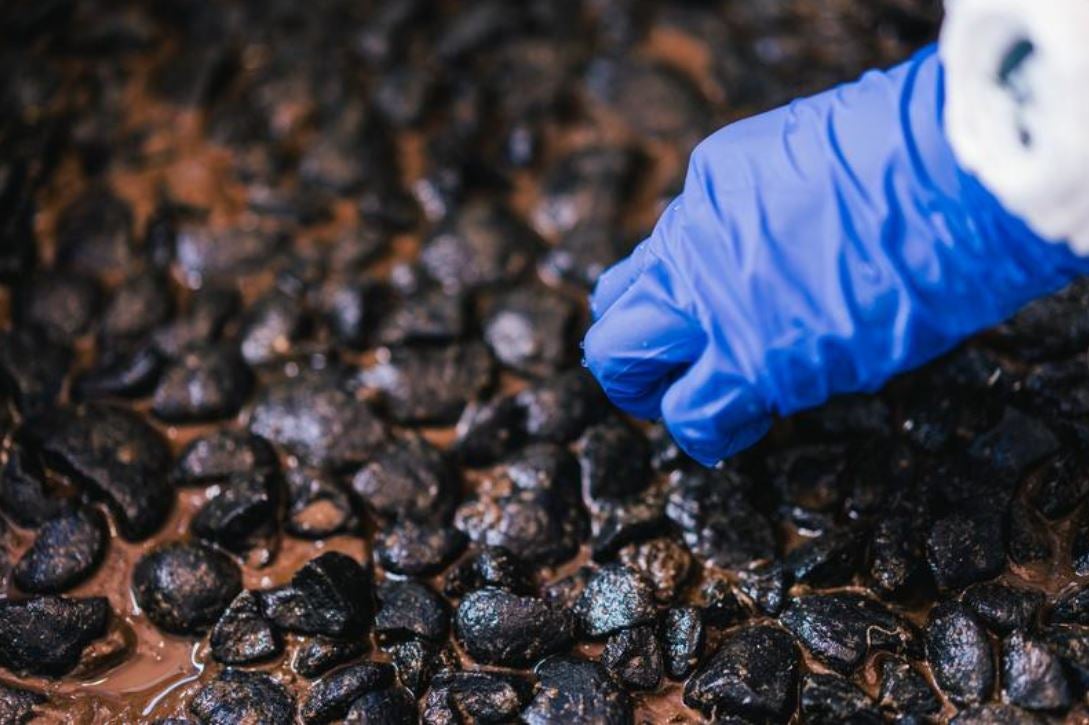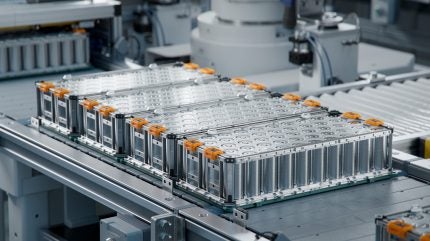
The UN-affiliated International Seabed Authority (ISA) has demanded that miners wait until at least next year to begin deep-sea mining. The announcement comes following tense discussions among ISA officials during talks held in Jamaica this month.
The ISA ruled out any immediate permission for mining operations to begin as talks concluded on Friday. The body, however, maintained a legal loophole known as the two-year rule, which means that mining could begin from 2024.
In 2021, the Pacific state of Nauru activated an obscure sub-clause in the UN Convention on the Law of the Sea, which gave the ISA a two-year deadline to finalise regulations. According to the two-year rule, the ISA must “consider and provisionally approve” applications two years after they are submitted.
A statement published by the ISA says that it will make a decision on how the two-year rules will be applied “as a priority” in its next meeting. The 29th session of the council will take place in July 2024. According to the statement, the ISA made “considerable progress in advancing the regulations for exploitation and for approving a roadmap for the next steps”.
A controversial nascent industry
Deep-sea mining has been a topic of extensive debate leading up to the ISA meetings. Environmentalists and marine biologists have warned that the removal of minerals from the seafloor could result in irreparable damage to ocean ecosystems.
Earlier this month, research from the National Institute of Advanced Industrial Science and Technology in Tsukuba, Japan, showed marine life evacuating mining testing sites due to sediment disruption. Research from the Natural History Museum in London has also demonstrated how under-researched areas of the deep ocean are.
“We know that we need a lot more research on these areas in general. We need to know a lot more about mining, but we also really need to know a lot more about the animals that use these areas,” biologist Dr Kirsten Thompson told Mining Technology earlier this year.
“The other thing is that we know from lots of studies by deep-sea ecologists [that] the removal of parts of the seabed in this way, in the way that that commercial mining is likely to go ahead, is going to mean that areas of these habitats will be removed, and that will be irreversible.”
Supporters of deep-sea mining maintain that harvesting transition metals from polymetallic nodules on the sea floor is necessary for the energy transition. The nodules, found at depths of 3,500–5,000m, are rich in copper, manganese, nickel sulphate and cobalt sulphate. These minerals are growing in demand for use in renewable and electrification technologies including electric vehicles.
Canadian miner the Metals Company has been a vocal supporter of deep-sea mining. Its CEO Gerard Barron said in a statement following the conclusion of ISA meetings that he is “disappointed” no regulations were adopted but “it is now a question of when – rather than if – commercial-scale nodule collection will begin”.




